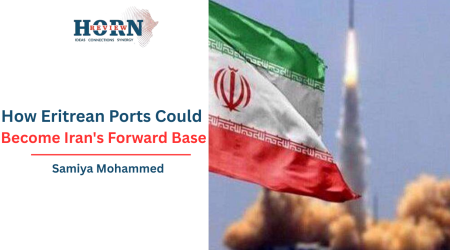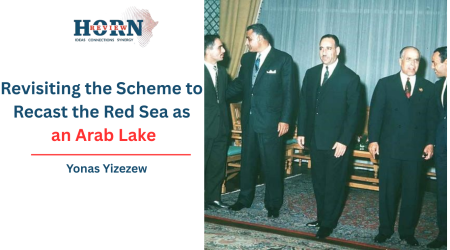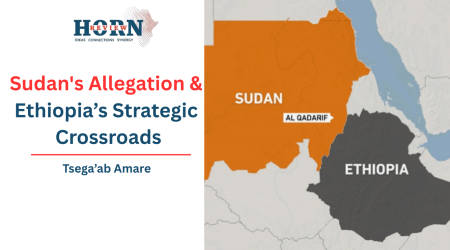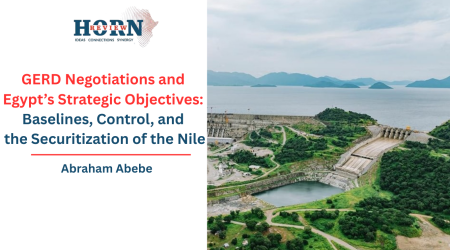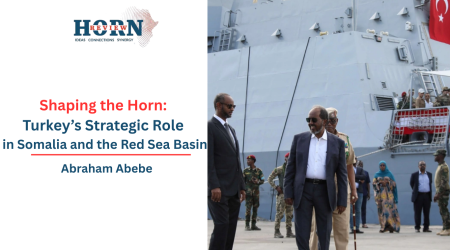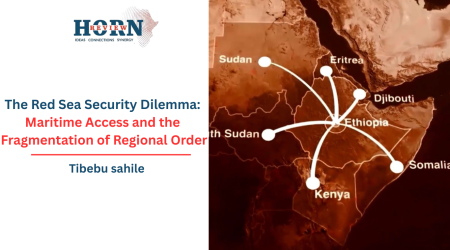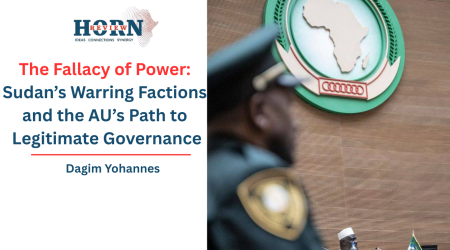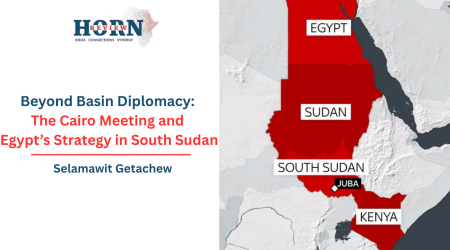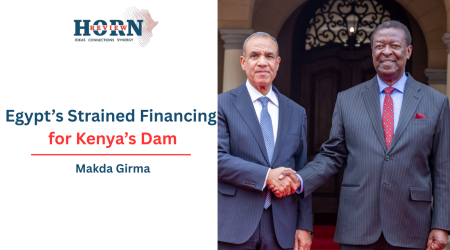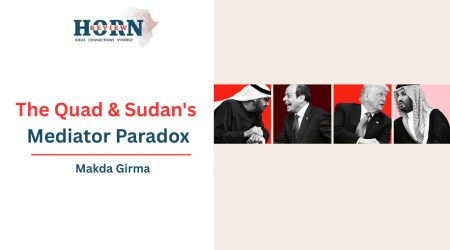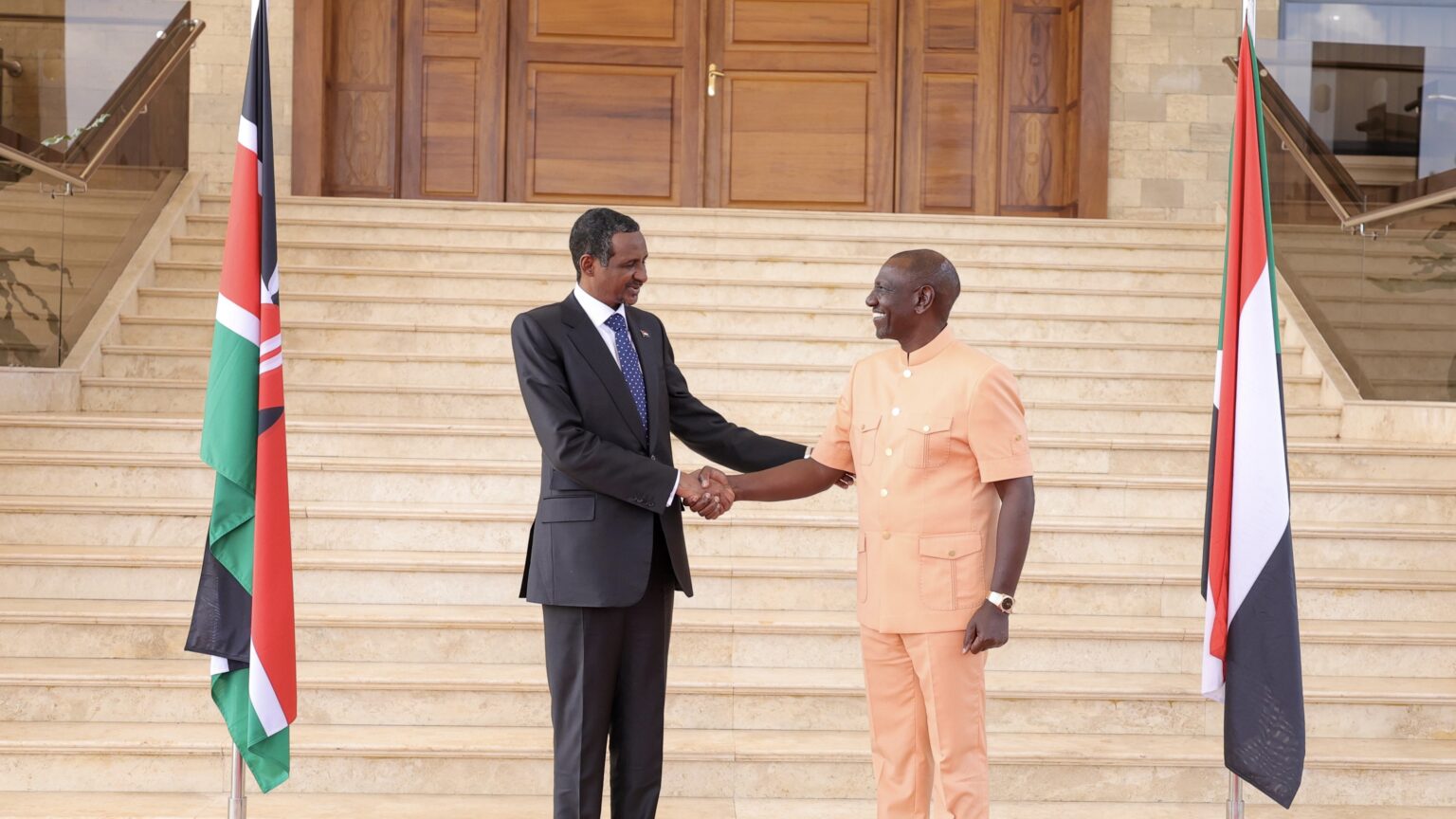
1
Apr
Kenya’s Strategic Dilemma: RSF Engagement and Regional Repercussions
Kenya’s perceived alignment with Sudan’s Rapid Support Forces (RSF) has sparked intense scrutiny, positioning the nation in a complex strategic landscape. Whether motivated by a desire to influence the Sudanese conflict or secure regional leverage, this decision now risks undermining Kenya’s diplomatic standing, particularly as the Sudanese Armed Forces (SAF), under General Abdel Fattah al-Burhan, gain momentum. The broader implications of this move extend beyond bilateral relations, shaping the stability of the entire Horn of Africa.
Kenya has long been regarded as a neutral mediator, a reputation that has bolstered its influence in the region. However, its perceived engagement with a paramilitary group accused of human rights violations and regional destabilization has raised concerns among key international and regional actors. This perception, coupled with the SAF’s apparent military advances, has placed Nairobi in a precarious diplomatic position.
If the SAF secures victory, as current trends suggest, Kenya’s association with the RSF may be viewed as a strategic miscalculation. A newly empowered SAF, seeking to consolidate its influence, may adopt a less conciliatory stance towards Nairobi, potentially straining diplomatic and economic ties. This shift could disrupt trade agreements, security partnerships, and Kenya’s broader role in regional diplomacy. Furthermore, a dominant SAF will inevitably redefine the power balance in the Horn, and Kenya’s position within these shifting dynamics remains uncertain.
The impact on regional stability is equally concerning. A strengthened SAF, emboldened by military success, could reshape Sudan’s role in the region, influencing alliances and security arrangements. The Horn of Africa, already grappling with climate challenges, displacement crises, and protracted conflicts, faces the risk of further instability should these power shifts lead to heightened tensions.
Kenya’s perceived diplomatic misstep has also cast doubt on its ability to serve as an impartial mediator in regional conflicts. Historically a key player in peace negotiations, its credibility in this role is now under scrutiny. This could have far-reaching consequences for regional conflict resolution efforts and cooperative security initiatives.
Ethiopia, a crucial actor in the Horn’s geopolitical landscape, finds itself in a delicate position amid these shifting alliances. Managing internal challenges while navigating an evolving regional order, Ethiopia requires a stable and predictable environment. Kenya’s perceived involvement with the RSF complicates this landscape, introducing further uncertainty into regional relations.
This development highlights the intricate and fluid nature of the Horn of Africa’s political environment. The region is shaped by deep-seated historical grievances, ethnic complexities, and external influences. Kenya’s approach underscores the risks of miscalculating these dynamics and the challenges of engaging with internal conflicts that have far-reaching regional repercussions.
Moreover, the Sudanese conflict serves as a broader lesson on the limitations of external influence in domestic power struggles. At its core, the crisis is an internal battle for control, and external actors, regardless of intent, risk exacerbating tensions rather than fostering long-term stability. Kenya’s experience underscores the importance of careful diplomatic maneuvering in such volatile settings.
As the Horn of Africa stands at a crucial juncture, the outcome of the Sudanese conflict will shape the region’s trajectory. Kenya must reassess its strategic positioning, focusing on diplomatic recalibration and trust-building initiatives. While an SAF victory could offer a degree of stability, it also raises concerns about increased authoritarianism and regional assertiveness.
The international community, particularly regional organizations such as the Intergovernmental Authority on Development (IGAD), must take a proactive approach in addressing the Sudanese conflict and mitigating its wider effects. A coordinated diplomatic effort, emphasizing humanitarian assistance and sustainable conflict resolution, is essential to preventing further destabilization in the region.
Kenya’s engagement with the RSF has placed it at a critical crossroads. With the SAF’s ascendance appearing likely and regional perceptions of Nairobi shifting, Kenya must navigate this evolving landscape carefully. The decisions made in the coming months will be pivotal—not only for Kenya’s regional standing but also for the broader future of the Horn of Africa. Whether the region moves towards greater stability or deeper uncertainty will depend on the diplomatic choices and engagements that follow.

